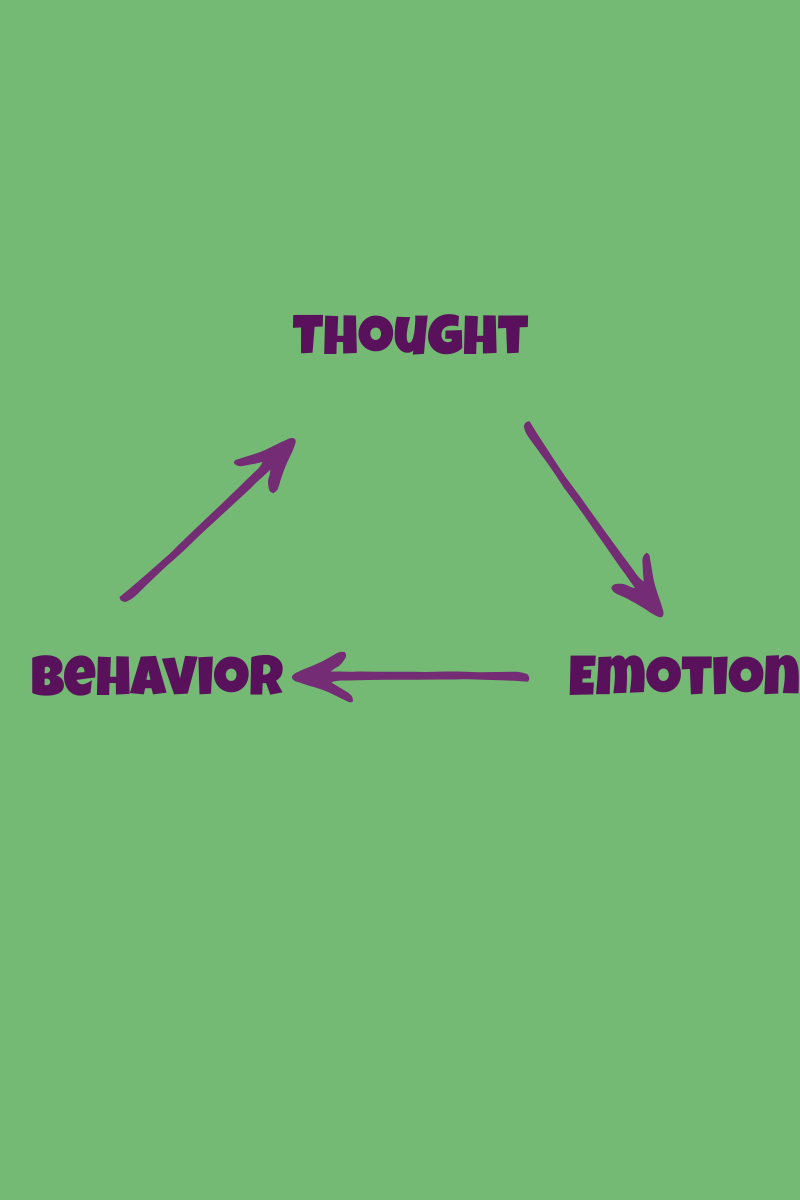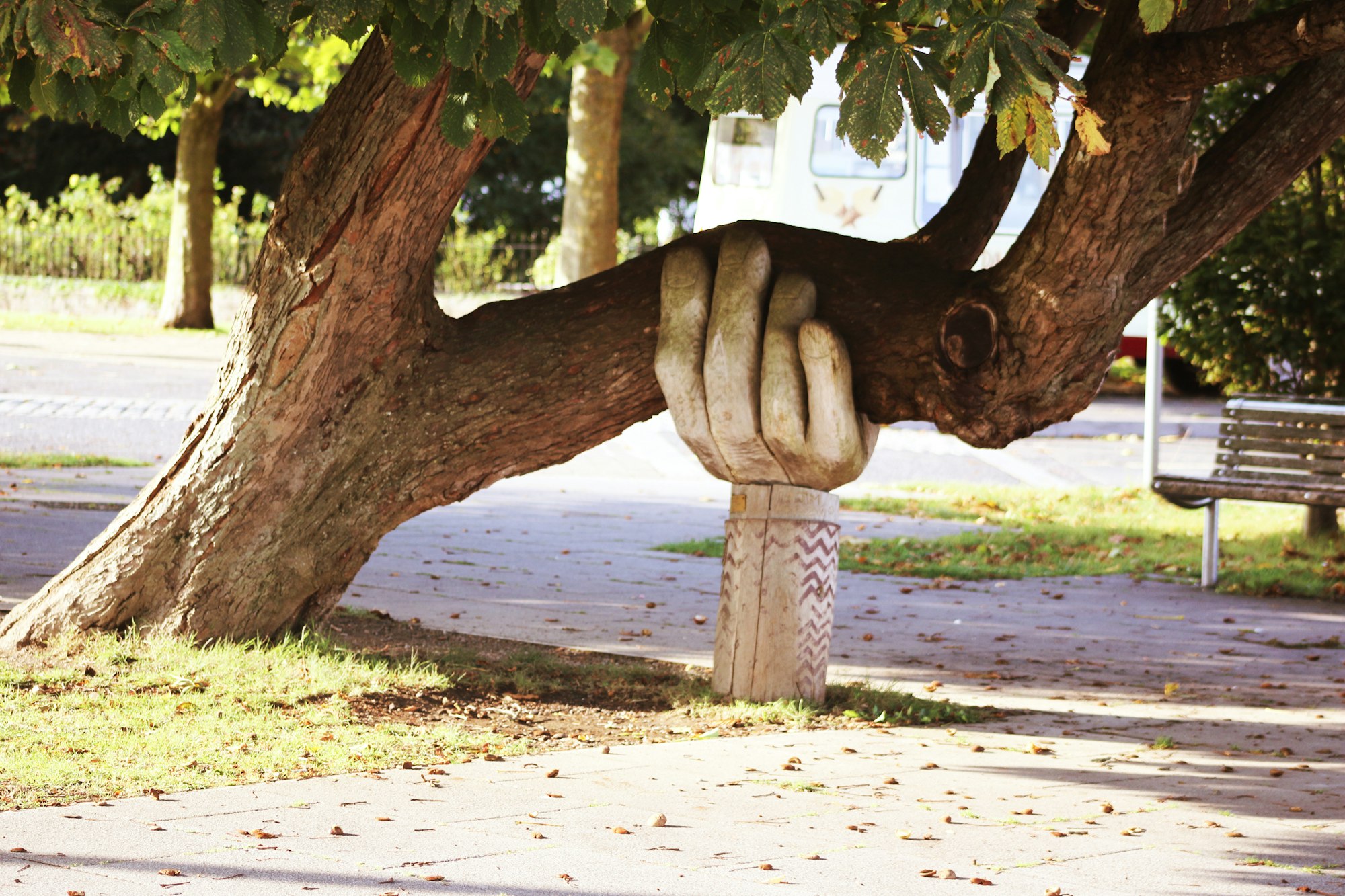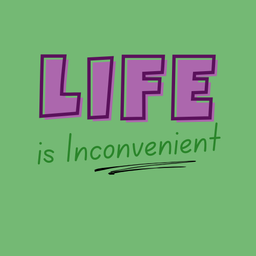How’s your PMA?
Feeling less than enthusiastic about a behavior change that you've been meaning to make for a while...let's look at your mindset and values.

I loved playing basketball in high school. I attended camp every summer, where they had a strong focus on self-esteem.
The coach would yell, “HOW’S YOUR PMA?” (Positive Mental Attitude)
Our response was to yell back, “BOY AM I ENTHUSIASTIC!”
Silly, but it gets stuck in my head even 30 years later.
It didn’t stick for me back then, though.
When you’re running lines, screaming “BOY AM I ENTHUSIASTIC” is more like a survival skill than a life skill.
Until I grew up a bit.
Back then, my story was, “I love basketball, but I'm not athletic. I’m book smart.”
That was my identity. I excelled in school and reading, but not in athletics.

I’m actually not a terrible athlete (except that I’m old now), but when you tell yourself these things over the years and decades, they become part of you.
Cognitive Behavioral Therapy discusses that our thoughts impact our emotions and behaviors.

So, if I have adopted self-talk that says, “I have a sweet tooth,” it will impact my behavior.
I'll be thinking something like, "I have a weakness for sweets because I love them."
Verses, if I assess my values related to my physical health and identify that I like sweets, and my health is also important to me, so I limit my sweets.

That impacts how I feel and my behaviors.
I often hear people say, “I would be happy if I just had...” or “I’d be happy if I could just...”
What would happen if we turn this on its head and assess what is important to us first?
My thought might be, "I do like sweets, but my value is that I only eat sweets once per week to maintain my health."
That becomes my identity. I am a person who values my health above having sweets.
Who do you want to be?
How would that person react in your current situation? If you start changing those small, daily habits, to become the person you want to be, your outcomes will change too.
Challenge:
- Consider the person you want to become. Write it down.
- If you were that person right now, what daily habits would you practice?
- Choose one of those daily habits to adopt this week.
- Write it down. This will help you build evidence to prove to your brain that this is your identity. You are the type of person who assess your values and moves that direction.
Suddenly behavior change is a bit easier...because this is who you are, not just what you do.

